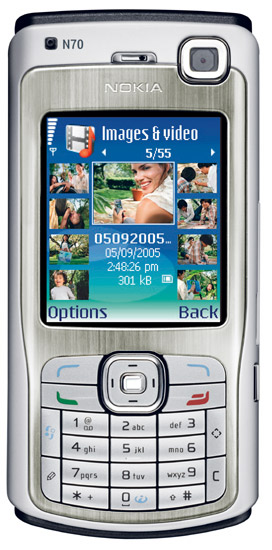Topic: instructional content
Podcast.
A number of researchers have explored the links between physical, verbal, and sexual abuse and what is known as traumatic re-enactment.
One researcher, Dr. Sharon Farber, finds a direct connection reenactment and bulimic and self-mutilating behaviors. The binge-purge eating disorder and self-mutilation are an attempt at self-regulation, and/or an attempt to manage or eliminate anxiety and psychological distress. Her article which reports the results can be found here:
self-mutilating behaviors
http://psychematters.com/papers/farber.htm
The bulimic behavior often is accompanied by the following:
personality disorders
dissociative disorders
post-traumatic stress disorder
In many cases, the compensatory behavior -- the bulimia or self-mutilation - were severe enough to be life-threatening.
The implications are profound. In order to understand bulimic behavior, it may be necessary to take the time to piece together what has happened, and to uncover the "triggers" that are precipitating the emotions that lead to the need to control the feelings through the behavior.
In the meantime, techniques for intervening and stopping the progress of the thoughts that lead to the negative feelings and psychological state are important. These can include cognitive approaches as well as behavioral interventions, including tactics to stop or block unwanted intrusive thoughts.
Posted by elearningqueen
at 8:56 AM EDT
Updated: Thursday, 20 April 2006 9:00 AM EDT
![Validate my RSS feed [Valid RSS]](valid-rss.png)








